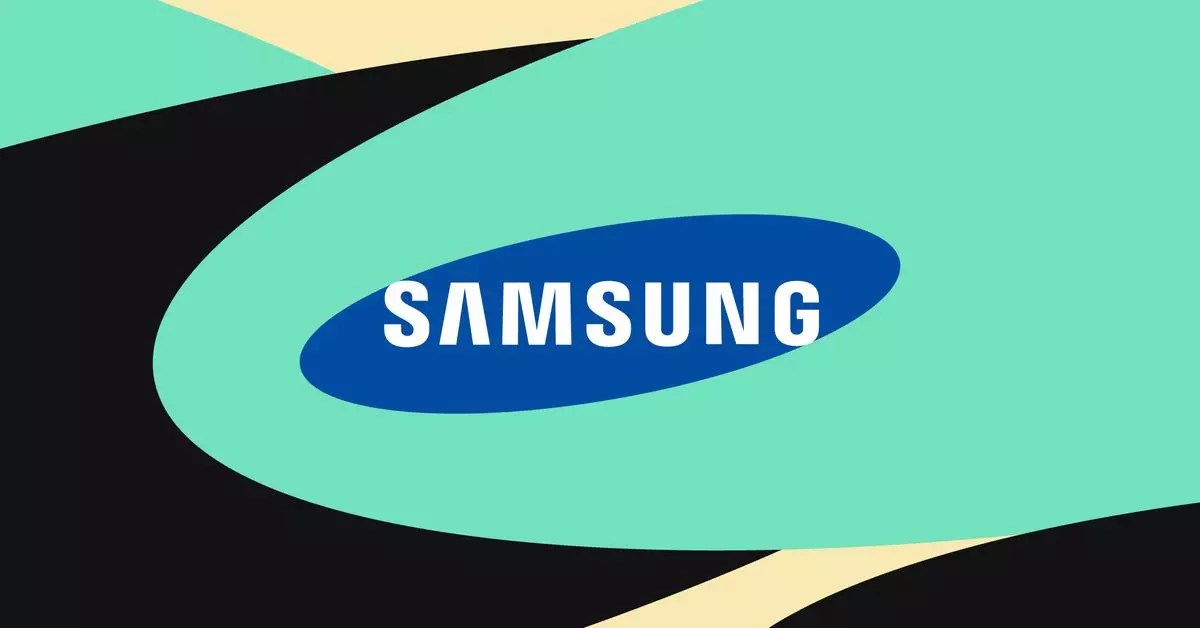Samsung recently announced a strategic move to provide seven years of Tizen operating system updates for its newer AI-powered TVs. This decision is aimed at staying ahead of its competitors, especially Chinese rivals such as Hisense and TCL. The extended update policy will apply to TV models released in March 2024, with some products from 2023 also included. This marks a significant departure from Samsung’s previous update strategy, which mostly focused on bug fixes rather than upgrading the Tizen OS itself.
The smart TV market is becoming increasingly competitive, with Samsung facing challenges to its market leadership from Chinese companies. According to research from analytics firm Omdia, Samsung’s global TV market share dropped by over 2 percent in the first half of the year, while TCL and Hisense made gains. With this in mind, Samsung is looking to leverage the seven-year free upgrade of Tizen for AI TVs to maintain its competitive edge and widen the gap with Chinese competitors.
Yong Seok-Yoon, the president of Samsung Electronic’s Visual Display Business Division, emphasized the importance of the extended updates in maintaining market share. By continuously improving the software and user experience of its smart TVs, Samsung aims to secure its position as a market leader. This move aligns with Samsung’s broader commitment to innovation and customer satisfaction, as seen in its previous announcement regarding the Galaxy S24 smartphone series.
Samsung’s decision to offer seven years of OS upgrades and security updates for its smart TVs reflects a broader trend in the industry towards longer software support cycles. In response to Samsung’s announcement, rivals such as LG have also signaled their commitment to providing extended software support for their products. This focus on software longevity is becoming a key differentiator in the smart TV market, as consumers increasingly value continuous updates and improvements to their devices.
Samsung’s move to extend Tizen operating system updates for its AI-powered TVs demonstrates a proactive approach to meeting consumer expectations and staying ahead of the competition. By focusing on software innovation and long-term support, Samsung is positioning itself as a frontrunner in the smart TV market and setting a new standard for the industry as a whole.


Leave a Reply